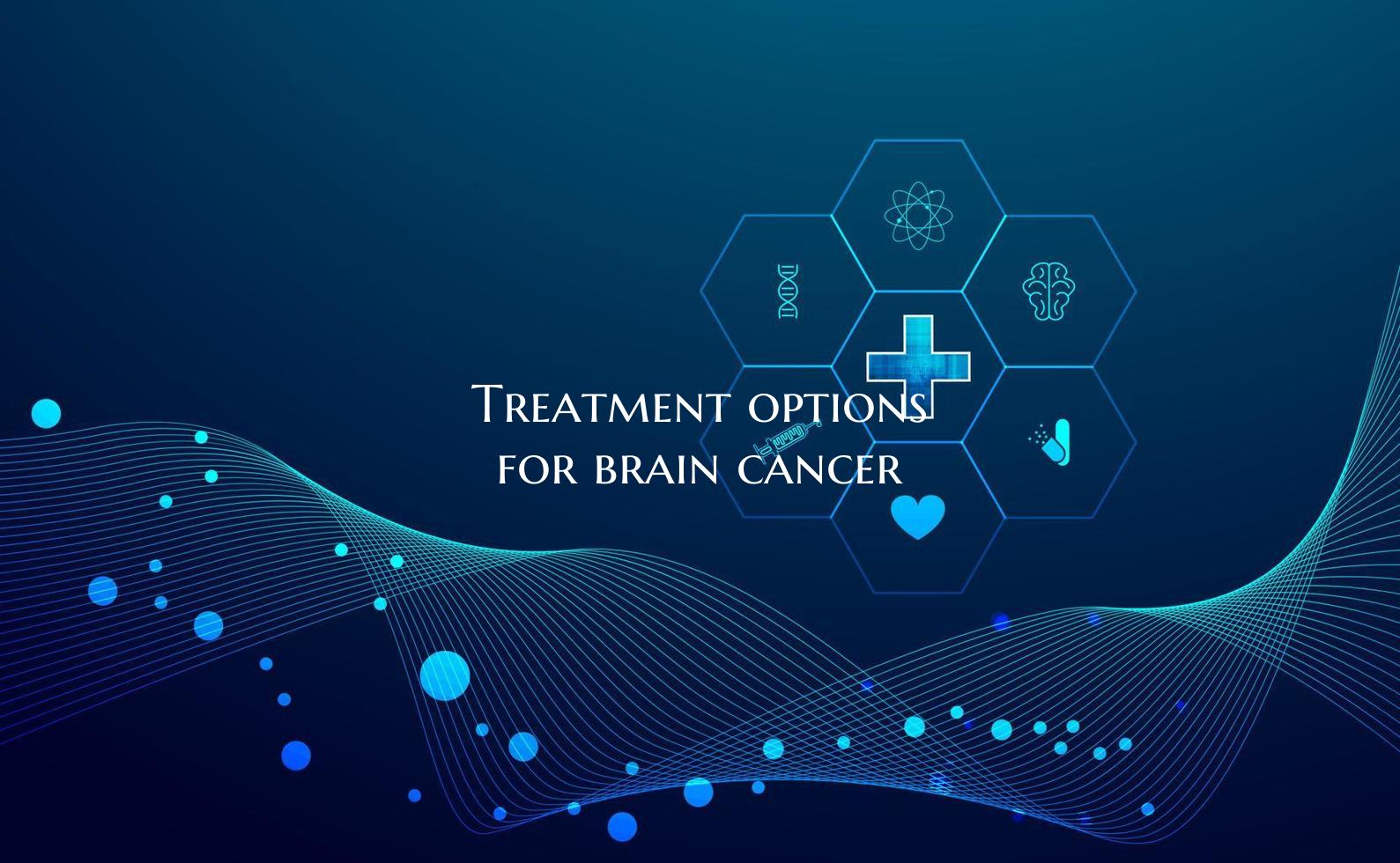
Treatment options for brain cancer
When diagnosed with brain cancer, understanding and exploring treatment options is crucial for developing a comprehensive plan of action. The most suitable treatment approach depends on various factors, including the type and stage of the brain cancer, as well as the patient's overall health and preferences. Here are some common treatment options that are often considered in the management of brain cancer:
1. Surgery: Surgical removal of the tumor is a common treatment for brain cancer. The goal of surgery is to remove as much of the tumor as possible while minimizing damage to healthy brain tissue. In some cases, surgery may not be feasible due to the location or size of the tumor.
2. Radiation Therapy: Radiation therapy uses high-energy rays to target and kill cancer cells. It is often used in combination with surgery or as a standalone treatment for brain cancer. Different types of radiation therapy, such as external beam radiation or stereotactic radiosurgery, may be utilized depending on the specific case.
3. Chemotherapy: Chemotherapy involves the use of drugs to kill cancer cells. It can be administered orally or intravenously and may be used in combination with surgery and/or radiation therapy. Chemotherapy for brain cancer often involves drugs that can pass through the blood-brain barrier to target cancer cells in the brain.
4. Targeted Therapy: Targeted therapy utilizes drugs that specifically target cancer cells based on their molecular characteristics. This approach aims to disrupt the growth and spread of cancer cells while minimizing damage to healthy cells. Targeted therapy is a promising treatment option for certain types of brain cancer.
5. Immunotherapy: Immunotherapy works by boosting the body's immune system to recognize and attack cancer cells. This treatment approach is being studied for its efficacy in treating brain cancer and may be used alone or in combination with other treatments.
6. Clinical Trials: Clinical trials provide access to new and innovative treatment options for brain cancer. Participation in clinical trials can offer patients the opportunity to receive cutting-edge therapies that are not yet widely available.
It is essential for patients with brain cancer to work closely with a multidisciplinary team of healthcare professionals, including neurosurgeons, oncologists, radiation oncologists, and others, to determine the most appropriate treatment plan. Each treatment option comes with its own benefits, risks, and considerations, and the best course of action will be tailored to the individual needs of the patient. Researching and discussing these treatment options with healthcare providers can help patients make informed decisions about their care and improve their chances of successful outcomes in the fight against brain cancer.